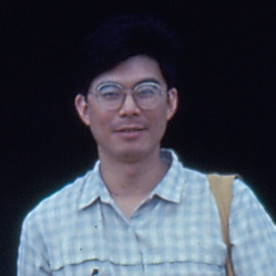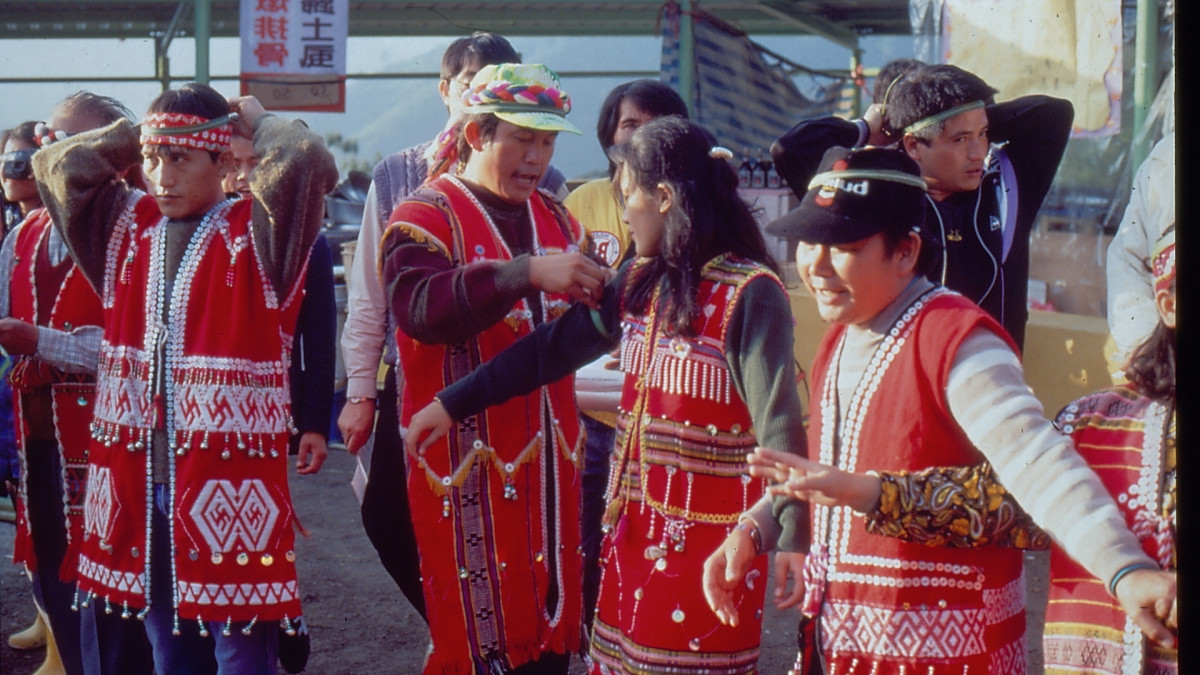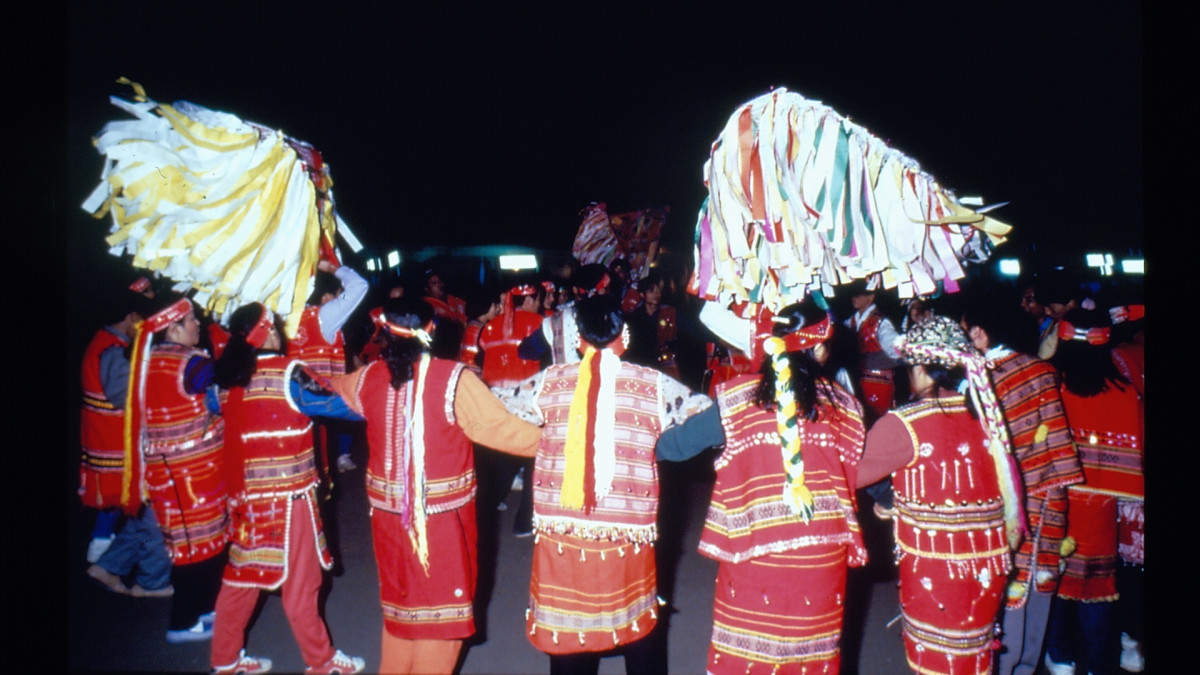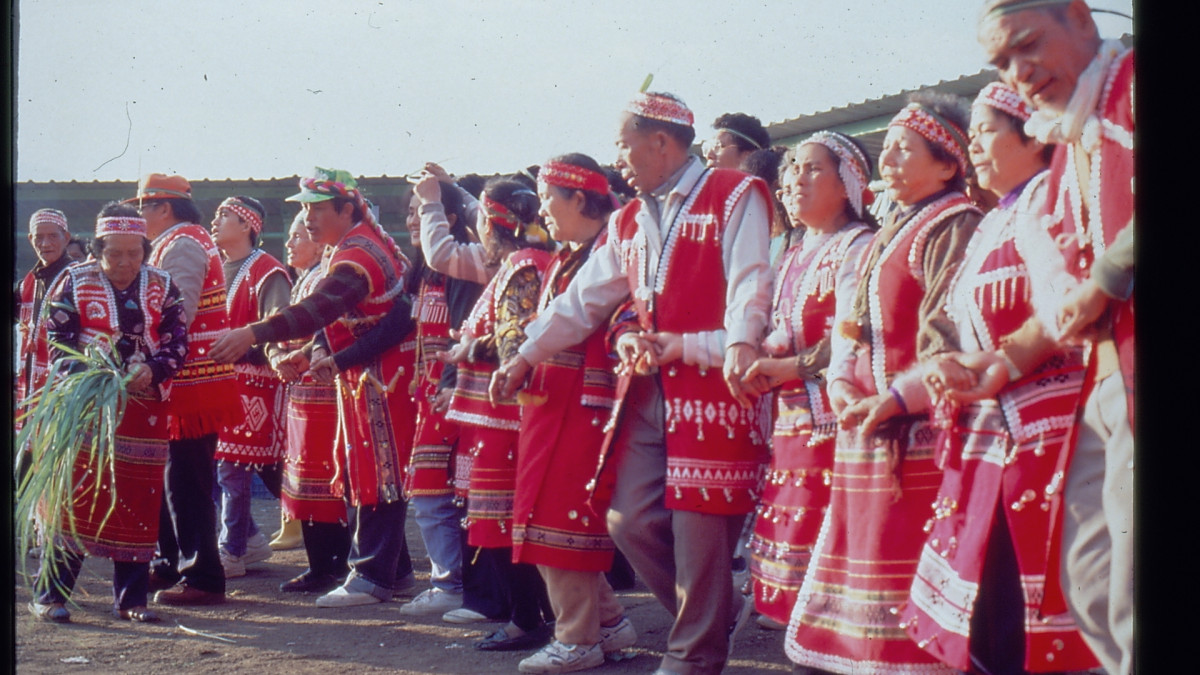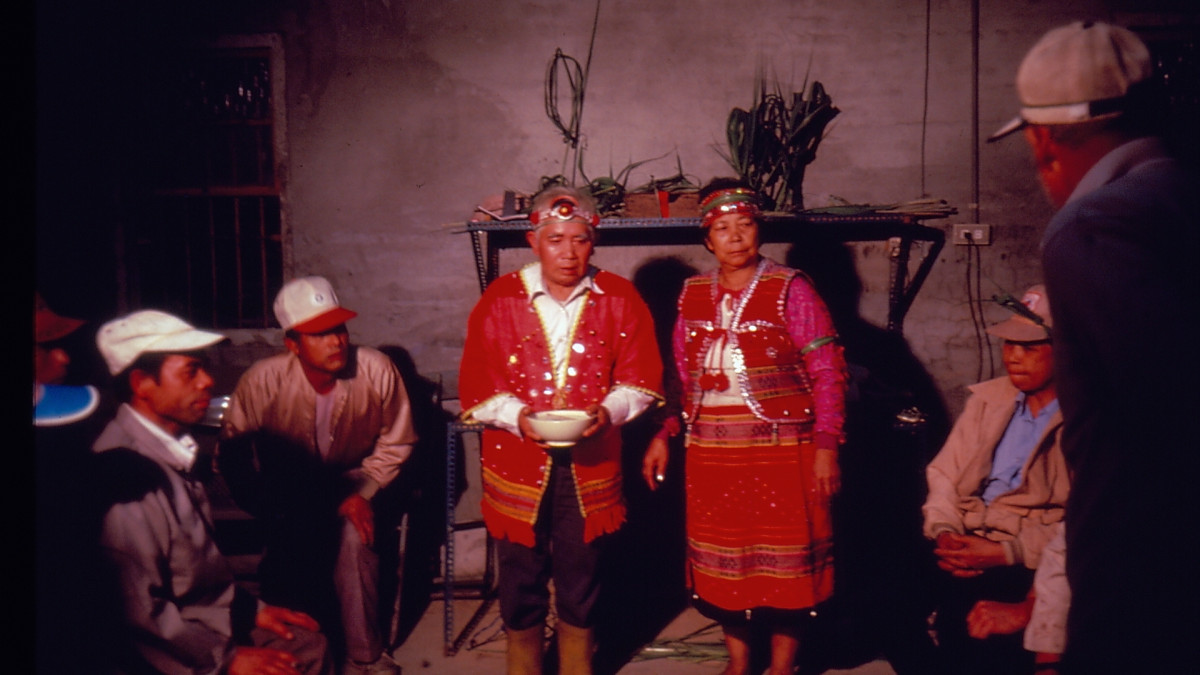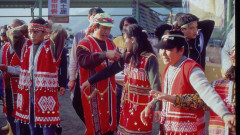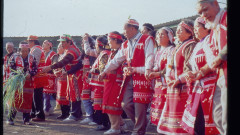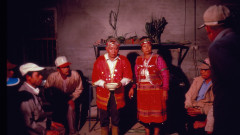Hu Tai-li (1950-2022), was a distinguished figure in Taiwanese ethnographic visual representation. As a researcher and director at the Institute of Ethnology, Academia Sinica, she played a vital role in various projects. Advocating for the Taiwan Association of Visual Ethnography, she chaired it for two terms, founding the Taiwan International Ethnographic Film Festival. Her acclaimed documentaries, using a multisensory approach, critically examined ethnography and power dynamics. Addressing rural communities, Mainlander veterans, and indigenous tribes, her work delved into everyday life, culture, gender, and ethnic identity amidst temporal changes.
Songs of Pasta'ay
Songs of Pasta'ay
Songs of Pasta'ay
This film focuses on the 'Pasta'ay', a biennial ritual in the Saisiat people, highlighting the 1986 Great Ritual. It explores the Saisiat people's belief in legendary beings, their ambivalence toward tourism, and the clash between tradition and modernisation. Organised by Pasta'ay songs, the film depicts the dichotomy between 'the real' and 'the artificial.'
'In fact, the significance of the Pasta'ay cannot yet be fully grasped and my exploration is just a beginning. My perspective will probably be changed if more research is done. All I wanted was to capture Sai-hsia people's emotions and expressions and leave the audience more space for imagination.' * - HU Tai-li
(*Excerpt from the article "The Projection of Ethnographical Film: Visual Anthropology in Taiwan" by Hu, in The Review of Ethnography, Academia Sinica. Vol. 71, 1991.)
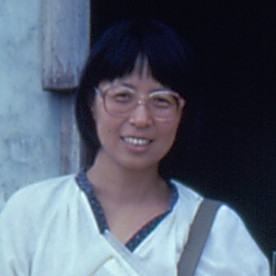
Lee Daw-ming is currently an Associate Professor at Taipei National University of the Arts. His body of work comprises 12 films and approximately 150 TV episodes and video programs spanning fiction, animation, and documentaries. Notable among his films are Beyond the Killing Fields: Refugees on the Thai-Cambodian Border (1986), Songs of Pasta'ay (1988), Voice of the People (1991), Tsuenu, the Way (2001), The Last Chieftain (1999), and Shattered Dreams (2003).
